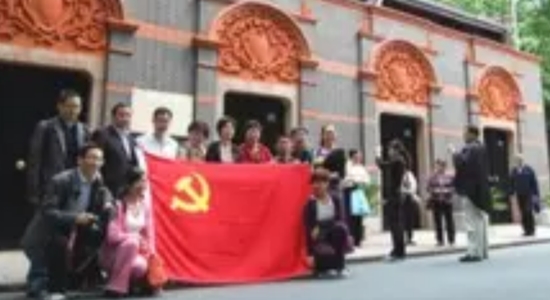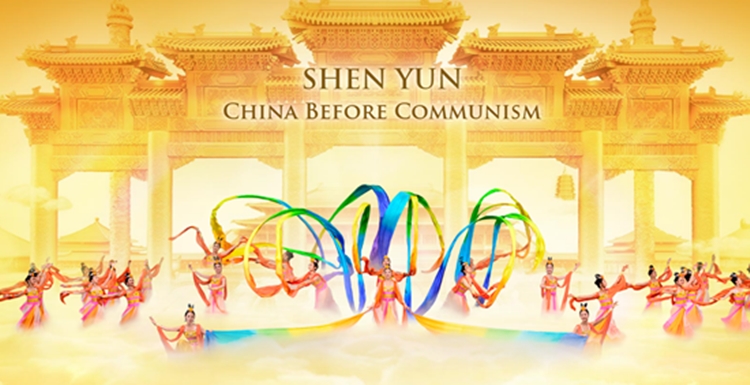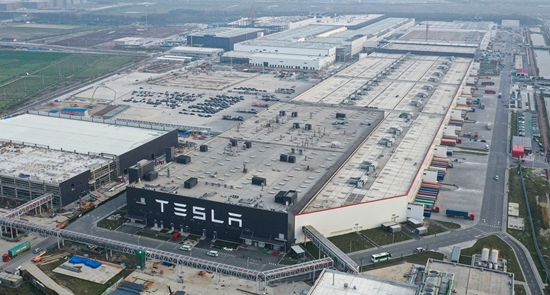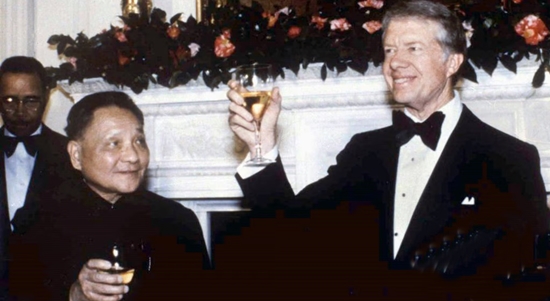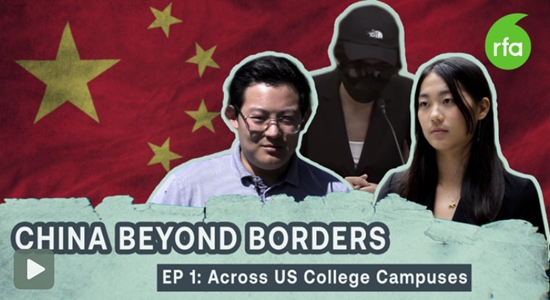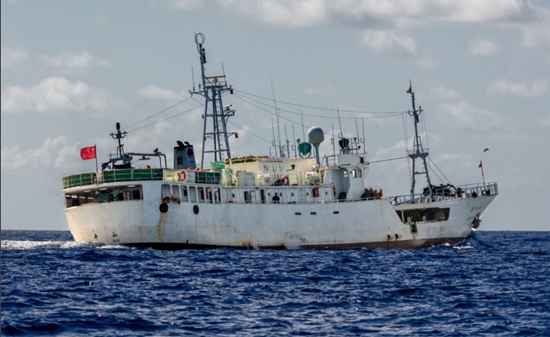
A few years ago, a giant freighter called the Ever Given, which was “most of the width of a Manhattan city block and almost as long as the Empire State Building is high,” got stuck in the Suez Canal. Extricating it required days of sustained effort as other giant ships either lined up to wait their turn to transit or changed course and took the long way around.
The crisis offered many lessons. For example, maybe ships can get too big; also, since the giant ships aren’t going away, maybe the Suez Canal should get wider. The affair also reminded people not involved in shipping how big the vessels bringing us stuff have gotten.
Ships that take stuff from us can also be pretty big—like the ships that China sends all around the world to often illegally fish in the waters of other countries. Countries sometimes don’t complain about the incursions despite the problems they cause because their governments are being bribed by China’s Belt and Road subsidies.
A recent report published by an outfit called the Environmental Justice Foundation “provides the first comprehensive investigation of Chinese fishing activities off the East African coast” (“Chinese fishing fleets in Indian Ocean accused of abuses,” Deutsche Welle, May 2, 2024).
Another common illegal behavior is entering a fishing zone reserved only for local fishers, [EJF researcher Callum Nolan] said.
He said that Chinese trawlers often come into the zone at night, which has led to collisions between small skiffs and industrial vessels.
“That creates huge economic problems for local people,” Nolan pointed out, adding that these fishers may have to suspend their work for weeks and months to repair the damage to their skiffs….
The EJF report also mentioned that via China’s global infrastructure investment scheme, the Belt and Road Initiative (BRI), its fishing fleet is given more access to the resources of East African countries receiving BRI investments that may “feel obligated” to cooperate.
Since the BRI’s launch in 2013, 52 African countries have joined, which has helped China deepen its footprint in Africa by constructing roads, rail lines and ports.
Meanwhile, China’s “nearly unparalleled” influence in the United Nations also plays a role in holding back criticism of China’s activities in Africa, said Elizabeth Freund Larus, adjunct senior fellow at Pacific Forum, a US-based foreign policy think tank.
“The BRI literally buys China a lot of compliance,” she said, indicating that member countries “are reticent or hesitant to criticize China” and would likely “carry the water” for the country. “So, no one should expect that the UN is going to take on this issue in any meaningful way.”
Agreed, let’s not count on the United Nations to help us stop China, which “has repeatedly denied any mismanagement in response to the accusations of illegal and unregulated fishing.”
